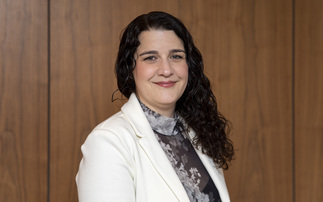British health and care provision must change to take account of a rapidly ageing population The King's Fund has cautioned.
Its report, Making Our Health and Care Systems Fit For An Ageing Population, argues that meeting these needs will require a "fundamental shift".
It said: "Transforming services for older people requires a fundamental shift towards care that is co-ordinated around the full range of an individual's needs (rather than care based around single diseases) and care that truly prioritises prevention and support for maintaining independence.
"Achieving this will require much more integrated working to ensure that the right mix of services is available in the right place at the right time."
The report noted that by 2030 one in five people in England will be at least 65 years old.
It added that people over 65 account for 51% of gross local authority spending on adult social care and two-thirds of the primary care prescribing budget, while 70% of health and social care spend is on people with long-term conditions.
The Fund claims health and care services have not kept pace with huge demographic changes.
The report identified nine care components that need improving including allowing older people to live well with stable long-term conditions; improving partnerships between the NHS and social care to enable patients to leave hospital quickly after treatment, with good community-based support; giving older people fast access to emergency care.
Responding to the report, Jagtar Dhanda, head of inclusion at Macmillan Cancer Support, said: "The King's Fund is absolutely right to say services in England require a ‘fundamental shift'.
"In particular, we know that cancer services do not always provide the right level of support for older people affected by cancer. It's telling that some of the worst five year survival rates in the UK are for over-65s, especially in comparison to other developed countries.
"The King's Fund is correct in identifying that teams of health and social care professionals within cancer care need to work more closely together."








